THE PARENTING GUIDE : CHAPTER 4
How Do Personality Types Affect Parent-Child Relationships?
Personalities can be observed in children by the age of three. A lot can change in terms of attitudes, behaviors and fears, but essentially, personality will not change. Getting to know our children’s personalities helps us determine what makes them tick; what makes them happy, curious or excited. Personality types unravel the mystery behind children’s talents and limitations and help us better adjust our own expectations.
How Different Are These Personality Types?
While introvert’s focus of attention is within, extroverts’ focus is without; setting them up for two very different interpretations of both worlds. A variety of studies have shown different brain activity accounting for these types’ differences in perception. These differences explain their discrepancy in understanding, priorities, incentives, judgments, values and behavior.
Once we identify our children’s personalities, we will understand their energy sources and happy places. We will be consciously aware when asking them to leave their comfort zone.
If children’s personality types match their parents, communication and understanding is always easier, as it is easier to relate. But the children that suffer the most are the ones whose personality types don’t match a parent’s type, as communication will be more difficult, expectations unrealistic, and bonding will be compromised by the difficulty to relate to each other.
Parents who are conscious of the clash of personalities and work at understanding, communicating and bonding, parents who allow their children to be who they are, have a better chance at turning these differences into positive learning experiences for all. By celebrating their differences and respecting children’s preferences, parents can build a healthy, supportive and caring relationship, with plenty of opportunities for bonding.
PERSONALITY TYPES
TWO POLAR OPPOSITES & A SPECIAL SOMEONE
PERSONALITY TYPE # 1
THE EXTROVERTED CHILD
FASCINATING!
Like a little alien on planet Earth for the first time, extroverts are fascinated by the world around them. They seek highly stimulating environments and groups of people they can interact with. They tend to be warm, affectionate and very good at reading faces, which they use to select others that will reward them with positive experiences.
The Outgoing Children
Usually considered “happier” children, as a result of today’s elevation of social activities and group work; or maybe because extroverts are more easily pleased, as their mood can be altered by instant gratification. Extroverts experience life through their senses. Their incentives are short termed, preferring smaller and immediate rewards over larger but delayed rewards.
Extroverts may miss out on big opportunities in the name of immediate gratification, making it difficult to sustain long-term goals. Their warm personalities or spontaneous natures can deviate them from their paths with every distraction. Here is where reprogramming can help. By building long-term incentives based on short-term ones, children learn to self-reward for their efforts towards a specific goal and learn that they can get there. Helping children learn to wait for what they truly want will assist them in the future in making good, long-term decisions.
Group sports, teams, music bands or multi-player games are highly recharging activities for extroverts. Although society seems to be set up for them, it also demands of the extrovert the virtues of the introvert. When children can’t muster up traits that conflict with their personality type, they get labeled with ADD, ADHD or any other “disorder.”
When it comes to attention, a child’s focus needs to be engaged. A long and boring explanation will have extroverts distracted and introverts daydreaming, but yell “Who wants ice-cream?” and watch them all jump up!
In trying to catch every child’s attention with the same bait, chances are they will not all bite, which shows an orderly display of personalities, interests and talents, rather than an attention disorder of any kind. If all children were to pay attention, all of the time, then we would have something serious to worry about; a population of drones with drone responses, lacking any talents, personality or identity.
Let your introverts daydream and your extroverts mingle, run and explore. Support children to excel at who they are and happiness will follow.
GOOD PUPPY Child Cognitive Behavioral Tools are designed to help extroverted children get the physical activities they seek, to train them to think critically before making choices, and to learn to delay gratification, so that they may get want they truly wanted, instead of whatever comes first.
PERSONALITY TYPE # 2
THE INTROVERTED CHILD
IT'S COMPLICATED!
Exploring a colorful inner world, with their focus inside, introverts can come off as more reserved, which can be taken for shyness. Introverts are curious, creative and solution oriented. They are also sociable people, but in general they prefer smaller groups and need time alone to create, play and recharge.
A More Complex Personality
Usually considered a “more complicated” personality type, introverts weigh rewards based on their usefulness. Since their internal cues weigh heavier than external incentives, they are willing to delay gratification for a higher reward or even pass on rewards because they don’t find them worth the effort.
Highly stimulating environments can be confusing and frustrating to introverted personalities, who after a short time may look to escape to a calmer setting. While going to a birthday party, with cake, socializing, entertainment and group play, is an event full of incentives to an extrovert, an introvert may find it loud, messy, annoying, suffocating, claustrophobic, inescapable and overall, overwhelming. Try to fix that with cake! What to one personality type is an incentive, to it’s opposite may be torture.
While you won’t need to convince an extroverted child to spend the day at the beach, an introverted child may need a bit of coaxing. Busy, weighing out the situation, the introverted child may initially resist. If you can find out what it is that holds a higher interest, the easier it will be to figure out what will entice them to go. Did they want to spend the day drawing, building or playing with a particular toy? Bring these activities to the beach or create similar incentives. Building a sand castle, a sand maze or a giant drawing on the sand are activities that would spark the introvert’s interest while also feeling included, understood and valued.
The world seems to speak with the voice of the extrovert, idolizing actors for their gregarious roles as living Gods. But when an introvert catches the world’s eye, there is always genuine awe. A discovery, an invention, a realization that solves a problem for society or that advances civilization. From a dark office, a little lab or a garden of solitude, a brilliantly introspective mind shines its light in the benefit of mankind. So, love and care for your introverts and help them glow!
GOOD PUPPY Child Cognitive Behavioral Tools speak directly to introverts, who will instinctively study the empathetic images that make up the system. Introverts will appreciate the attention the system promises them over good behavior, as it is usually more difficult for them to ask for the attention they need; especially if competing with extroverted siblings.
PERSONALITY TYPE # 3
EXTRA SENSITIVE PERSONALITIES
GIVING CHILDREN WHAT THEY NEED
More and more children today seem to be displaying extra sensitivities. As life becomes faster, louder and more demanding, more and more children seem to be trying to warn us to slow down. Unaware of the stresses we put on ourselves, we can’t notice the stresses we cause our children.
A perfect example of extra sensitive personalities, are children suffering from dyslexia. Many of these children can see three dimensions on a flat surface, giving them an amazing leading edge in the arts. This super power, however, causes all kind of optical illusions when trying to read a printed page. Populated by symbols, separated by spaces, and set on horizontal lines on highly contrasting ink and paper; a dyslexic’s nightmare. Certain typefaces, spacing and colors help dyslexics read comfortably, but most materials are not designed with their needs in mind.
Confusing environments such as crowds, loud places or even classrooms cluttered with information, badly designed posters, charts or educational materials, can be like nails on a chawlkboard for extra sensitive personalities. Perceiving beauty and balance at a gut leve, these places or situations create a sensation of illness Only harmony seems to satisfy and bring peace to this delicate, but highly aware type.
GOOD PUPPY Child Cognitive Behavioral Tools are designed with empathetic images that will put the most sensitive of children at ease. Color coordination throughout the system and clean design help children find the balance they seek. GOOD PUPPY even offers a Gray-Scale Emotions Chart for children who suffer from color blindness or who are highly sensitive to color, so that they may not be disrupted by it.
PARENTING RECOMMENDATION
PERSPICACITY
STAYING A STEP AHEAD OF THE GAME
Implementing the GOOD PUPPY Child Cognitive Behavioral System gives parents the tools to stay on top of their children’s needs. While Time Blocks allow them to quickly scan their children’s activities, to make sure all personalities are getting the type of activities each of them requires, a solid behavioral structure is the platform from which both personalities can get the incentives and motivations that truly drive them.
These are some of the tools that address personalities, although all personalities will benefit from the entire system:
IMPLEMENT THE SYSTEM TODAY!
Find the complete GOOD PUPPY Child Behavioral System in the Child Behavioral HOME Super Sidekick Softcover. If you’d rather print your tools, you can download the Child Behavioral HOME PDF and start seriously improving family dynamics, today.
TEACHER, PARENT OR THERAPIST?
---
Choose The Tools That Best Fit Your Needs
Curated for Home, School and Therapy, the system is designed to meet parents or guardians needs with HOME, teachers and counselors needs with SCHOOL, and social workers and therapist’s needs with THERAPY. Coaches are encouraged to use the HOME tools for parent’s easiest implementation.
Gabriel Tito, MS
Child & Family Therapy
GOOD PUPPY Child Cognitive Behavioral System Collaborator, Consultant, Implementer & Master Coach
Drums & Percussion Therapist
In his fifteen years working with children, ages 3 to 18, Gabriel noticed a lack of tools to implement changes in family dynamics, prompting the creation and his collaboration on the GOOD PUPPY Child Cognitive Behavioral System. You can find Gabriel in South Florida, making families happy with quick and effective results, or online, looking to share his toys and everything he’s learned.
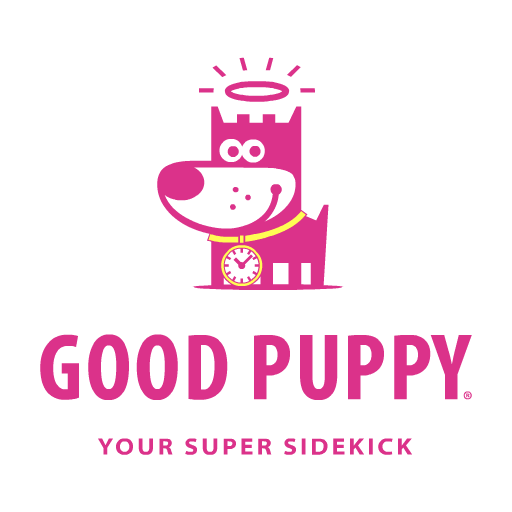


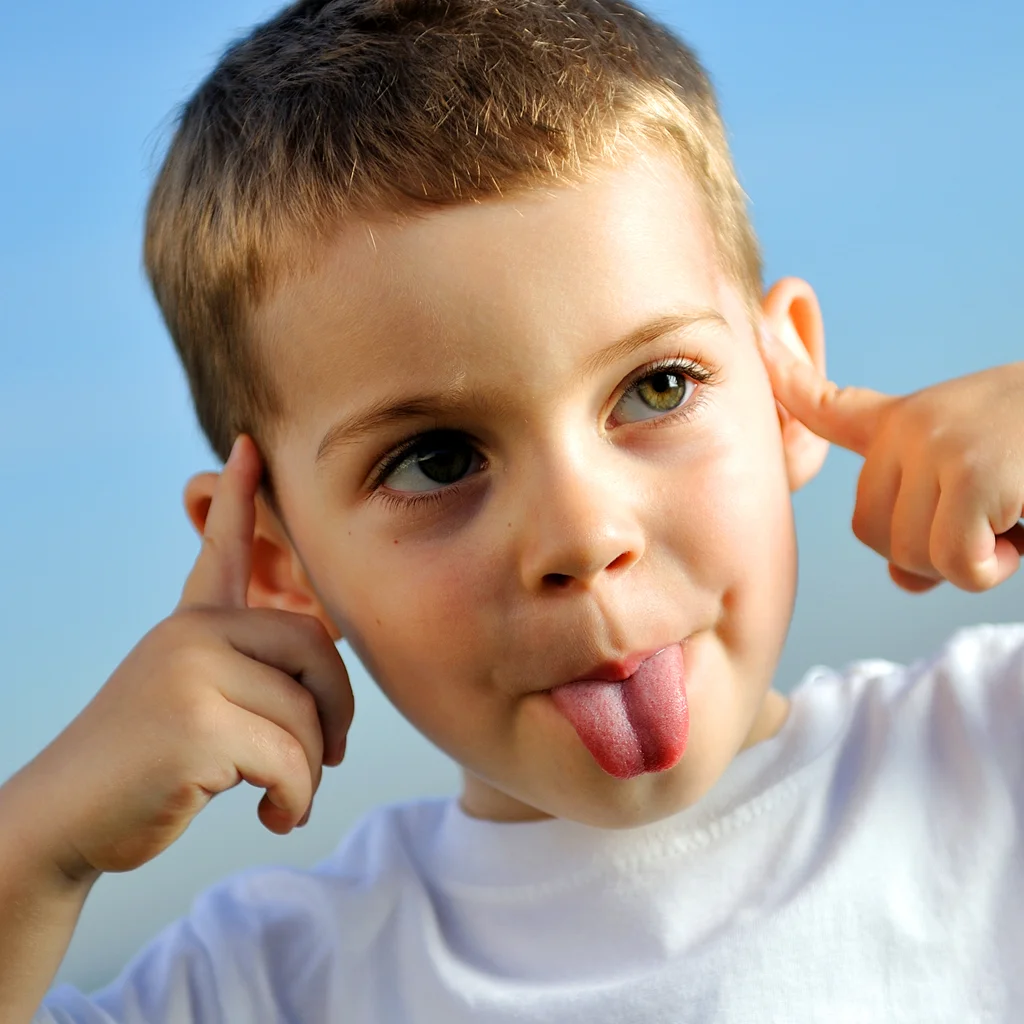
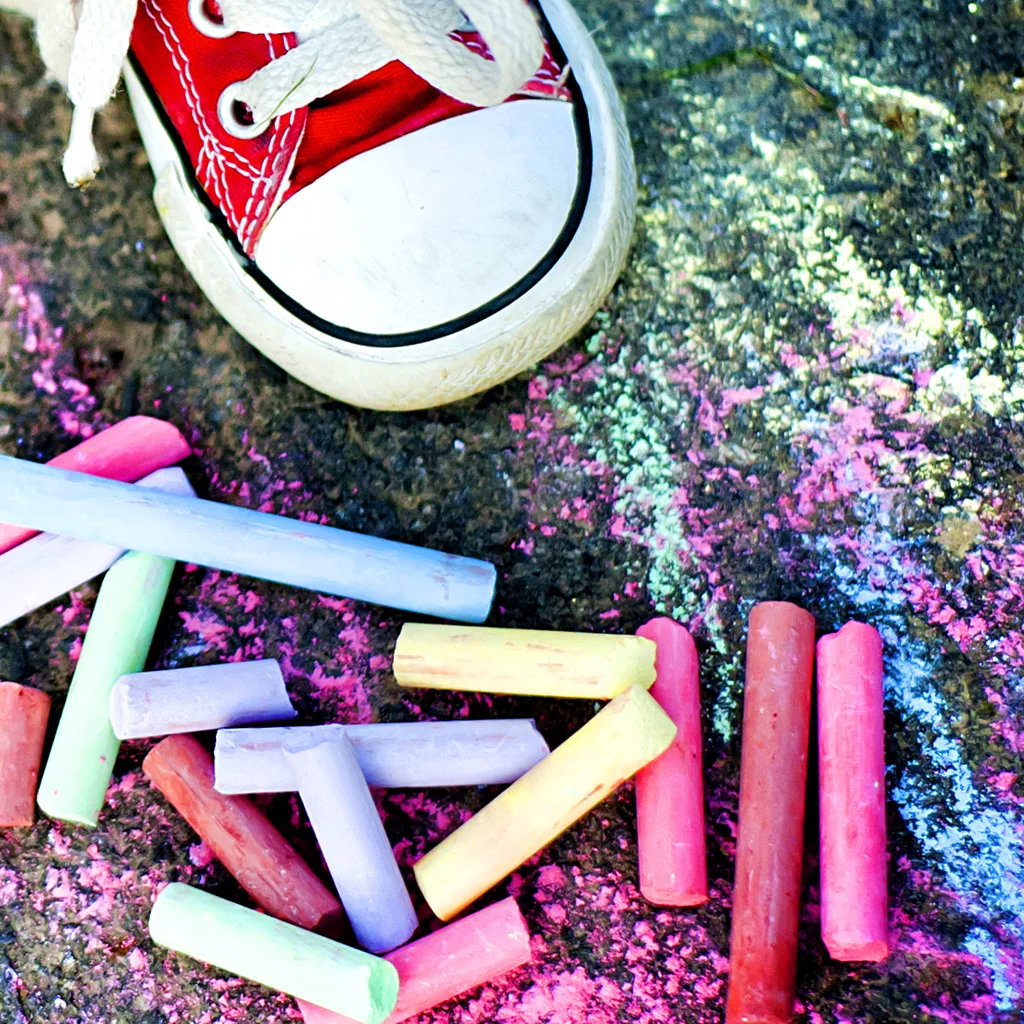


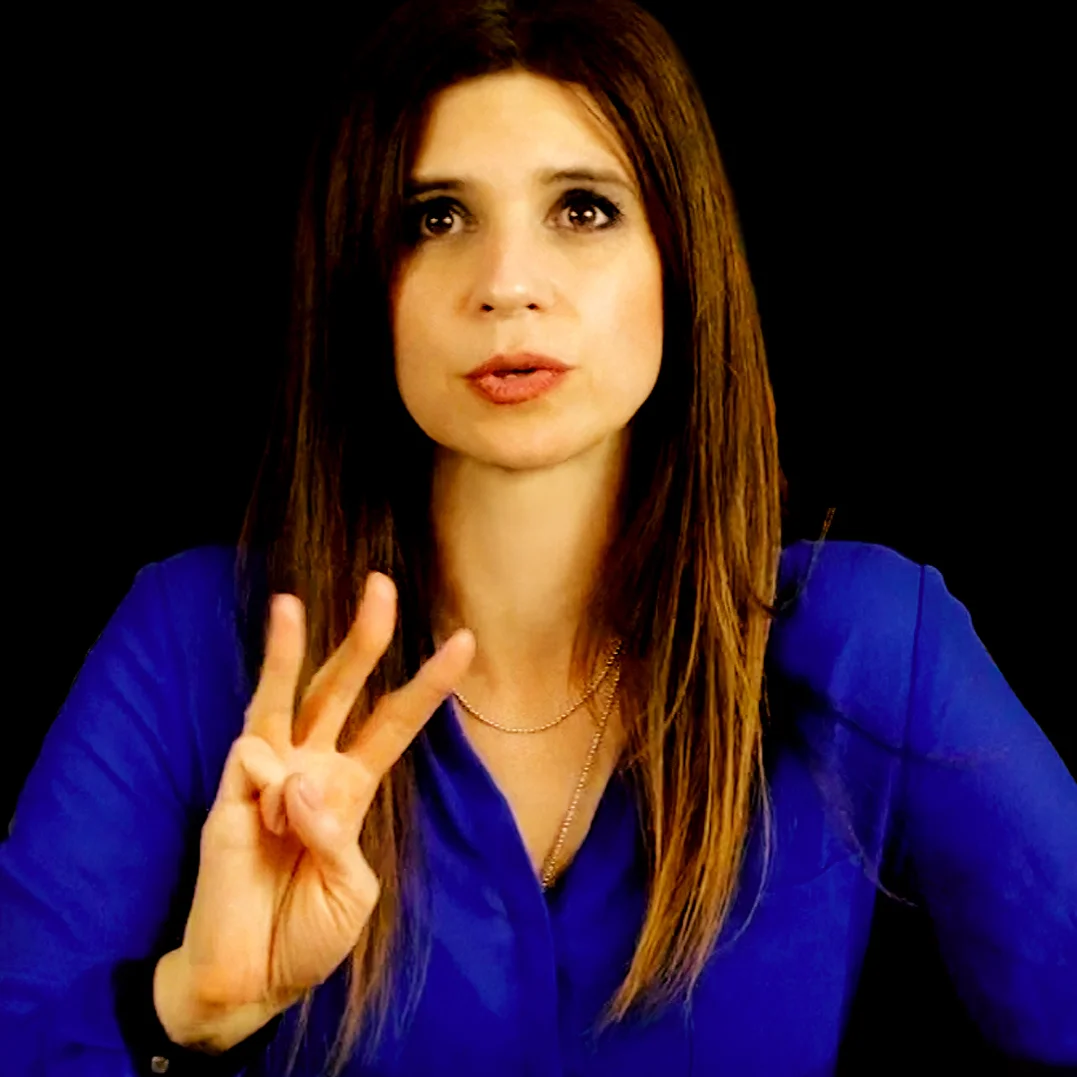


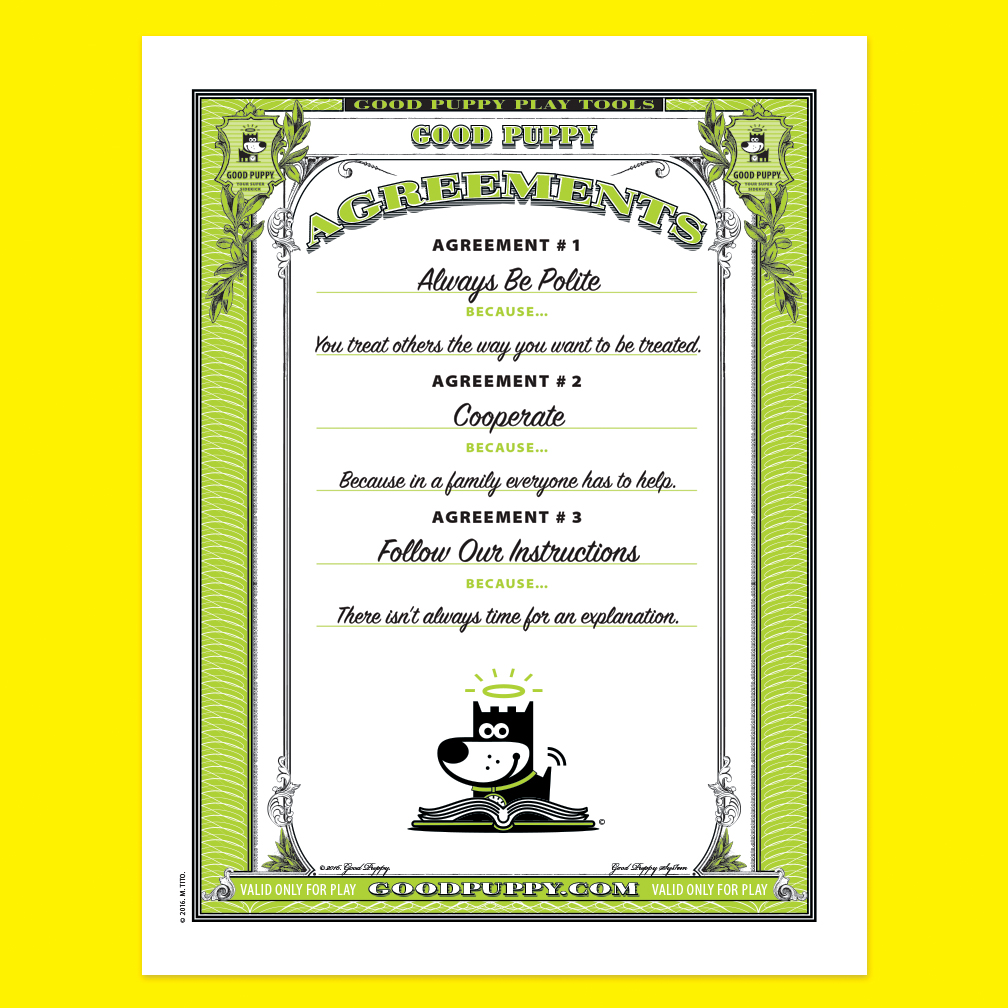
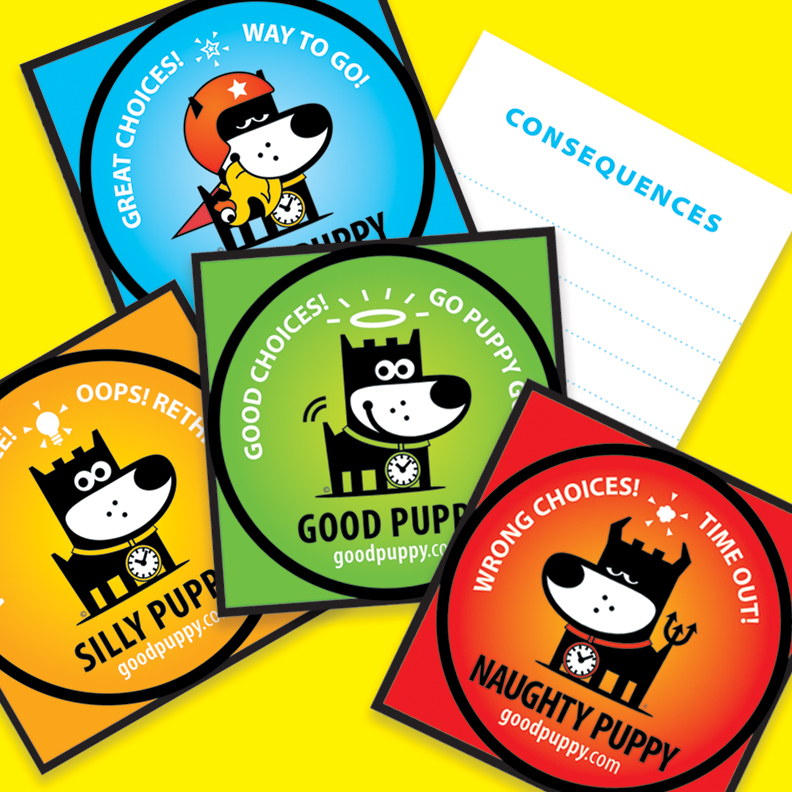
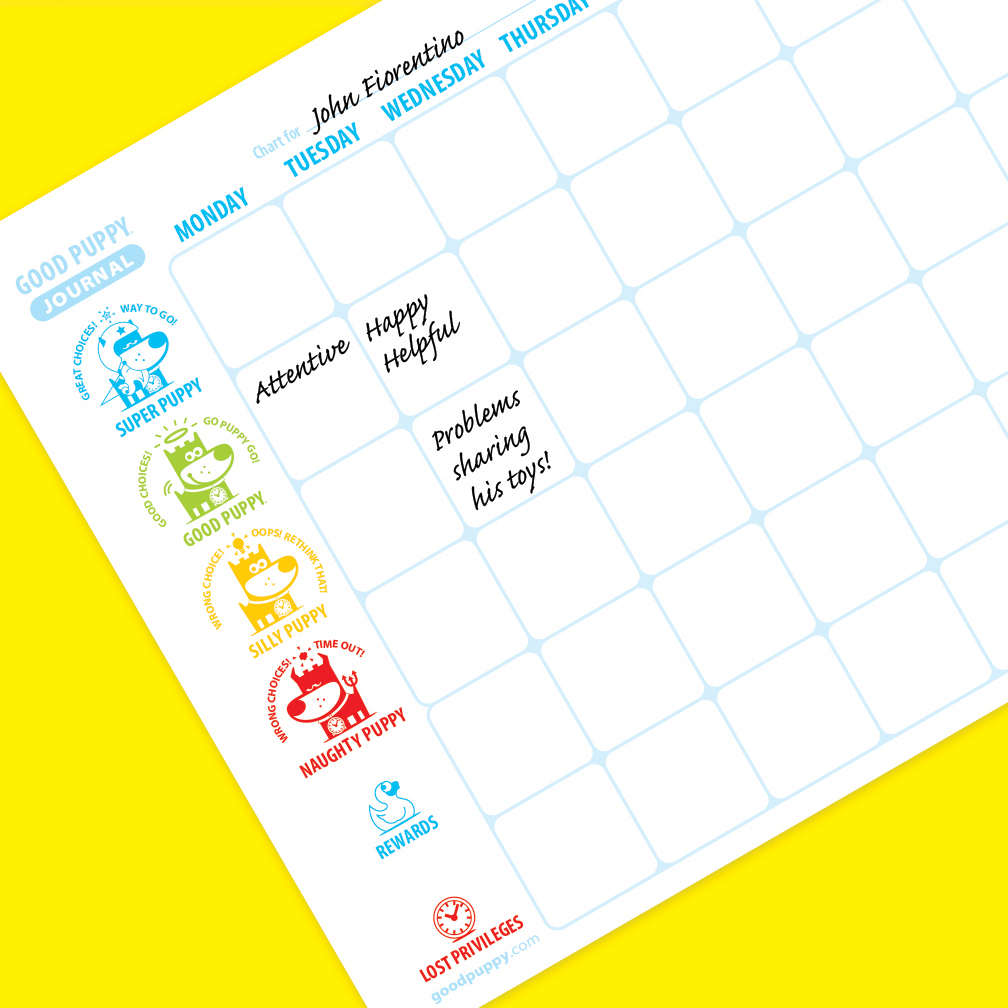
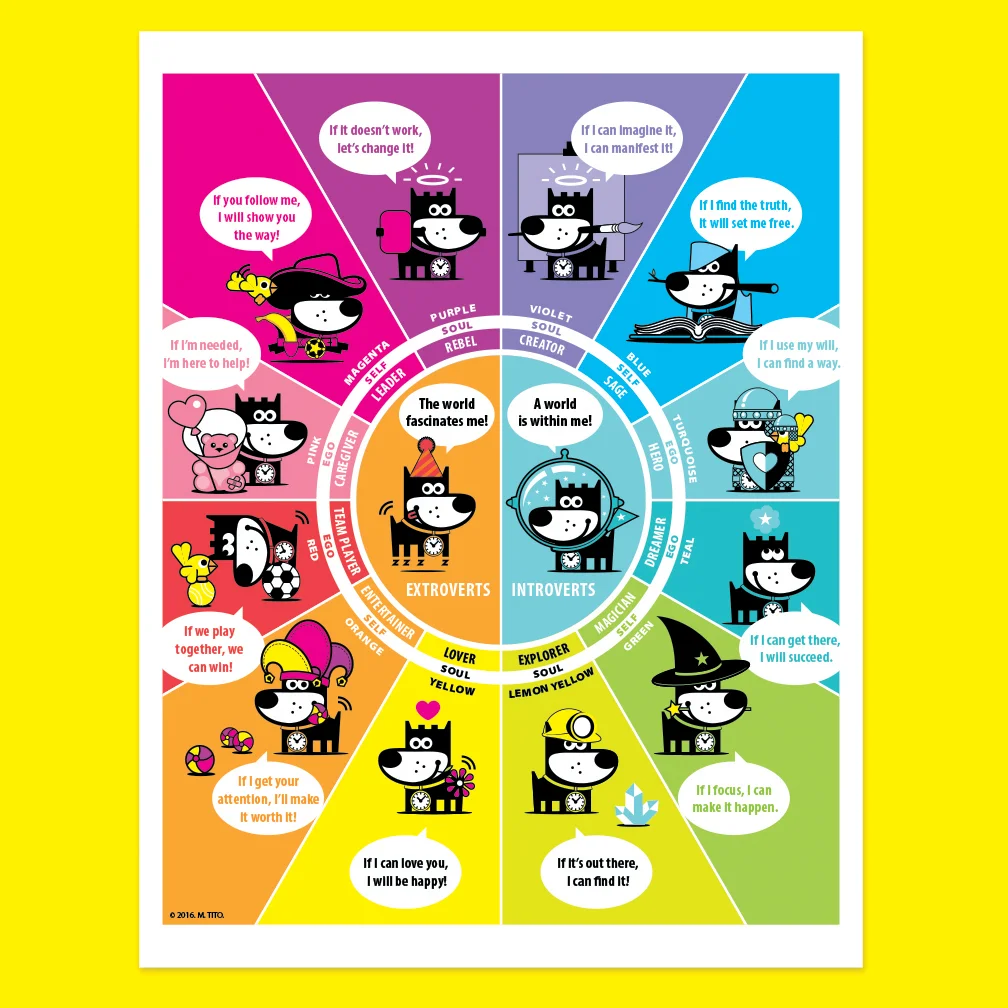
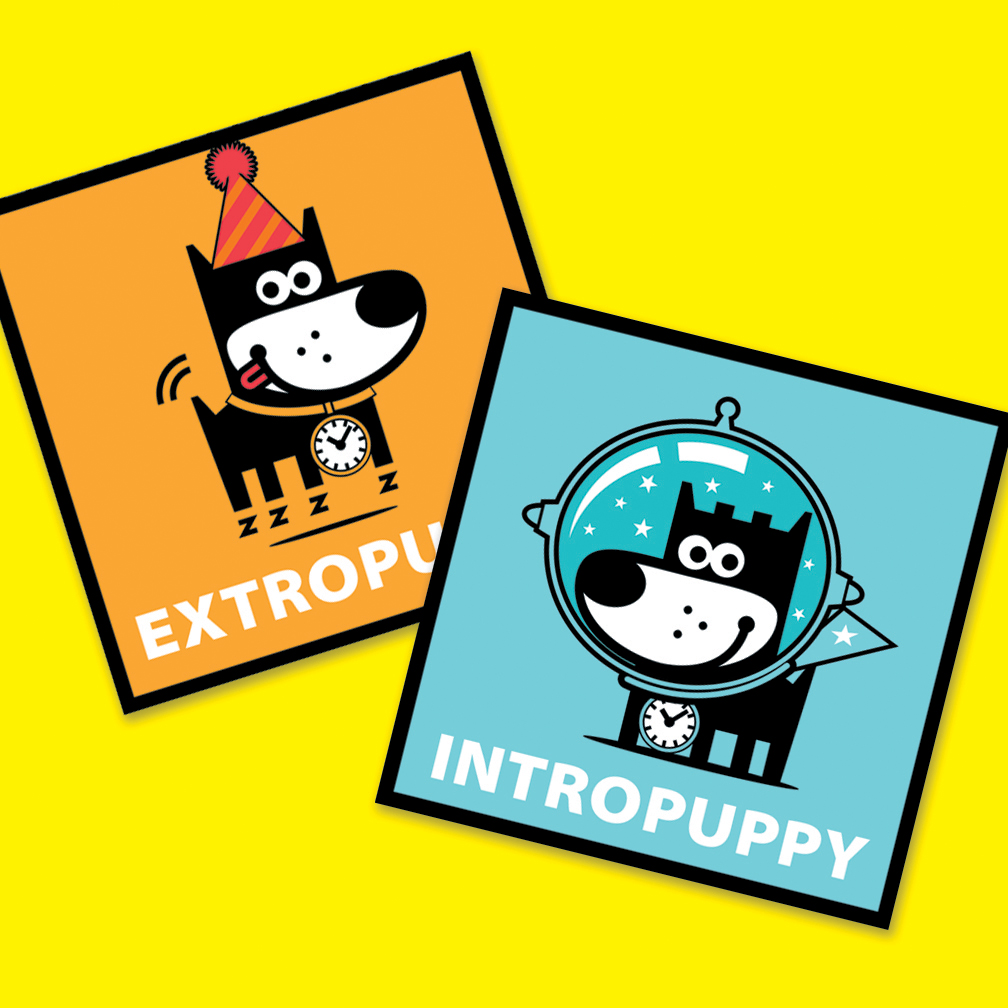
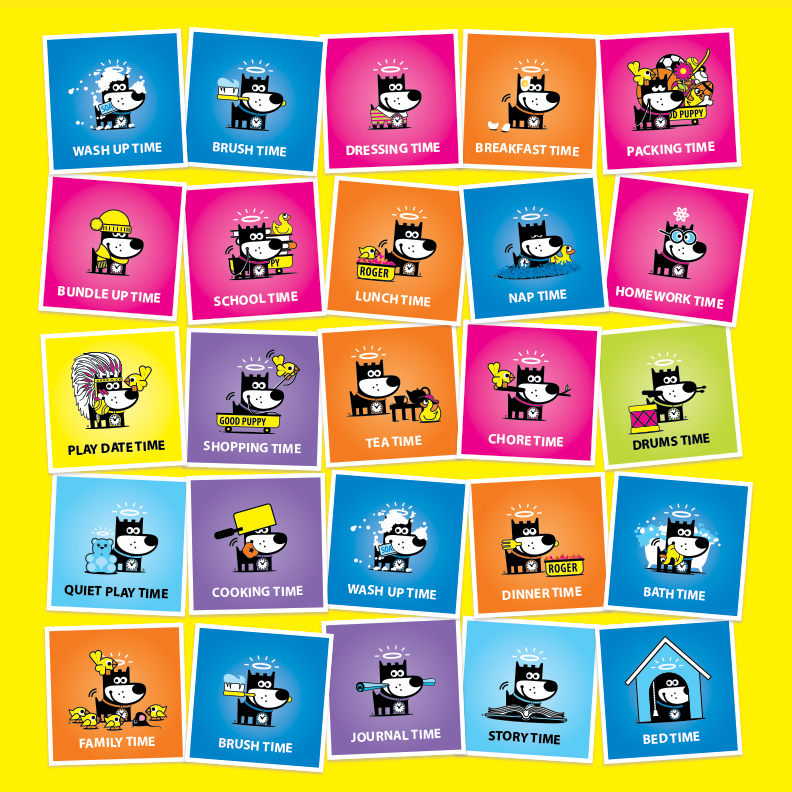
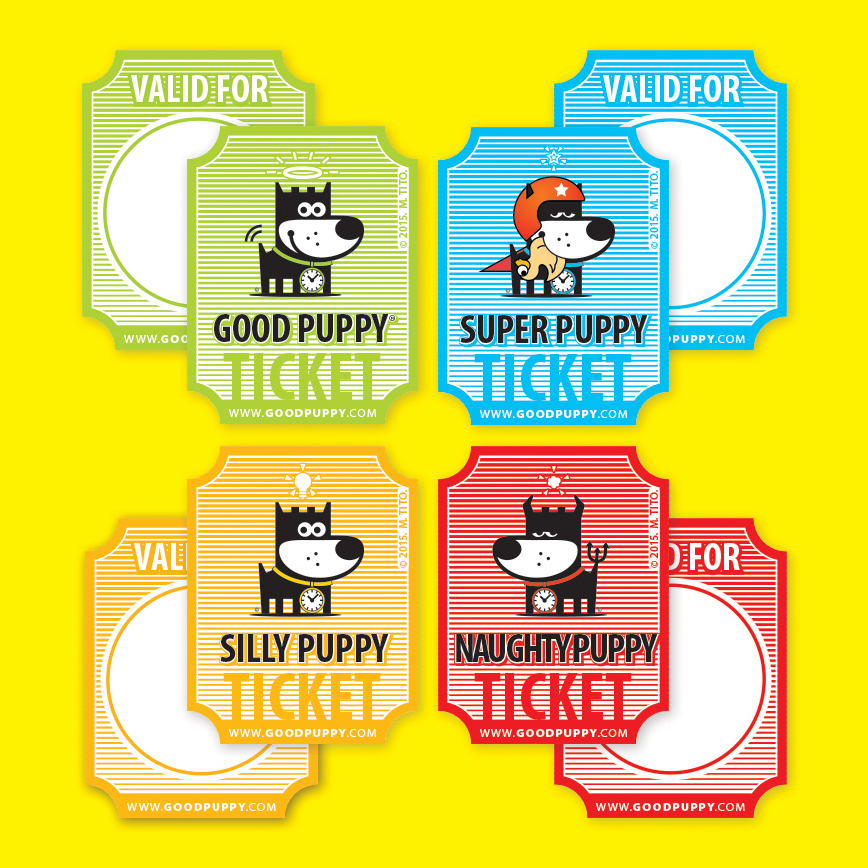
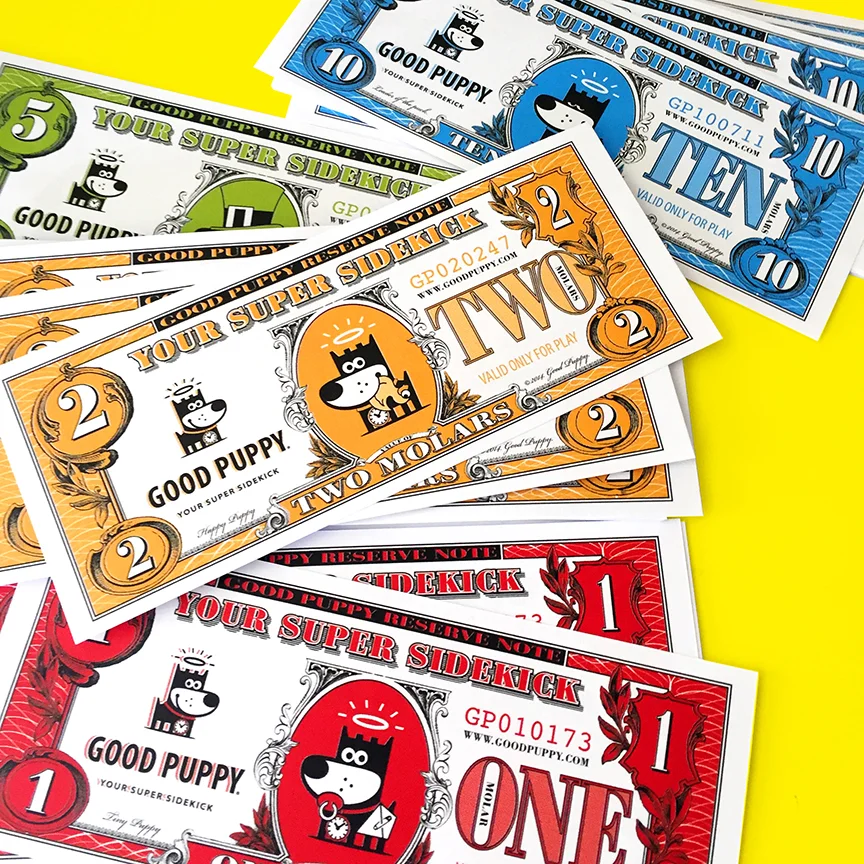

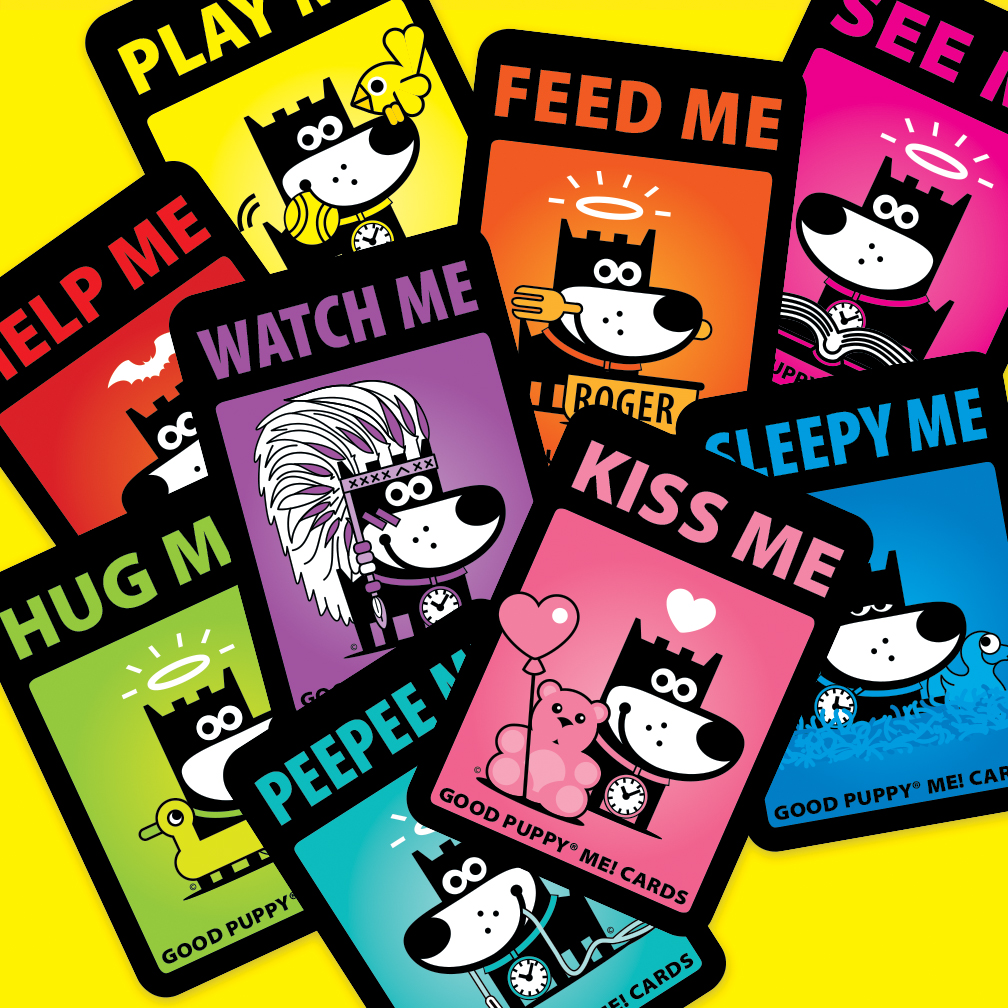
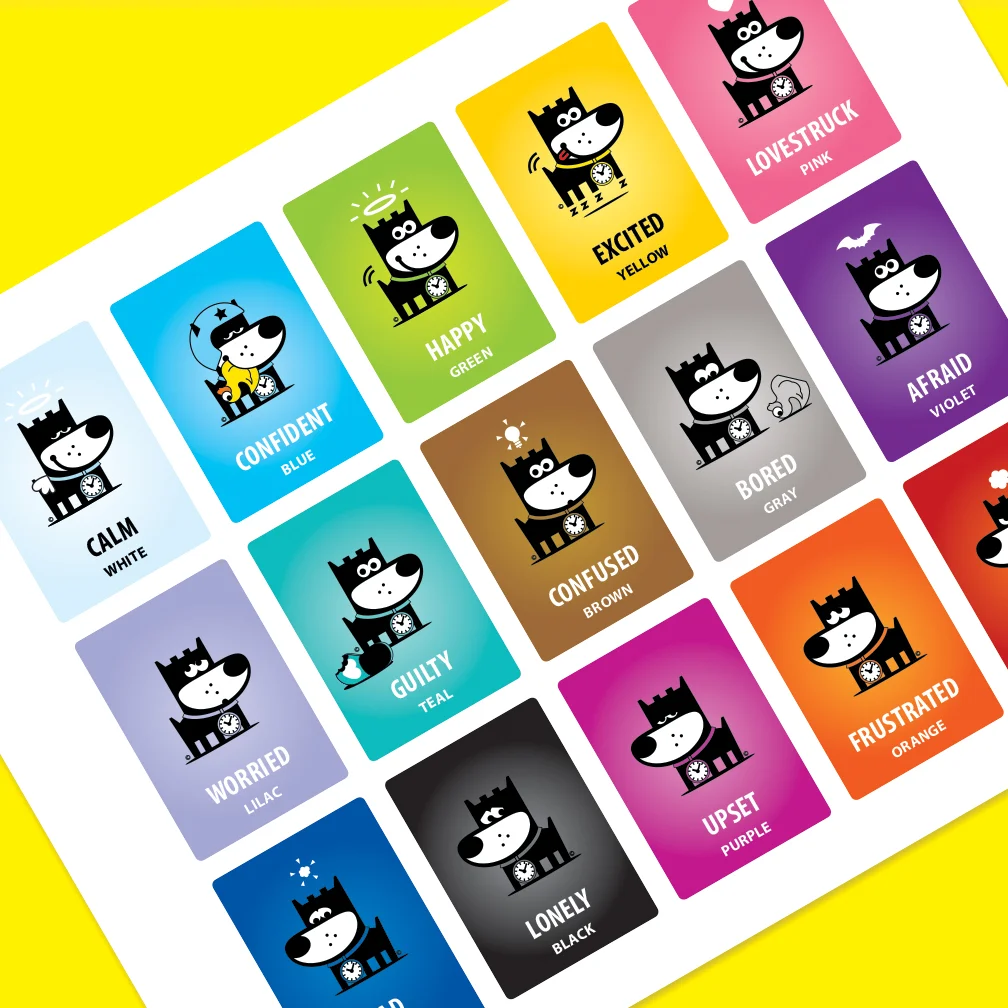
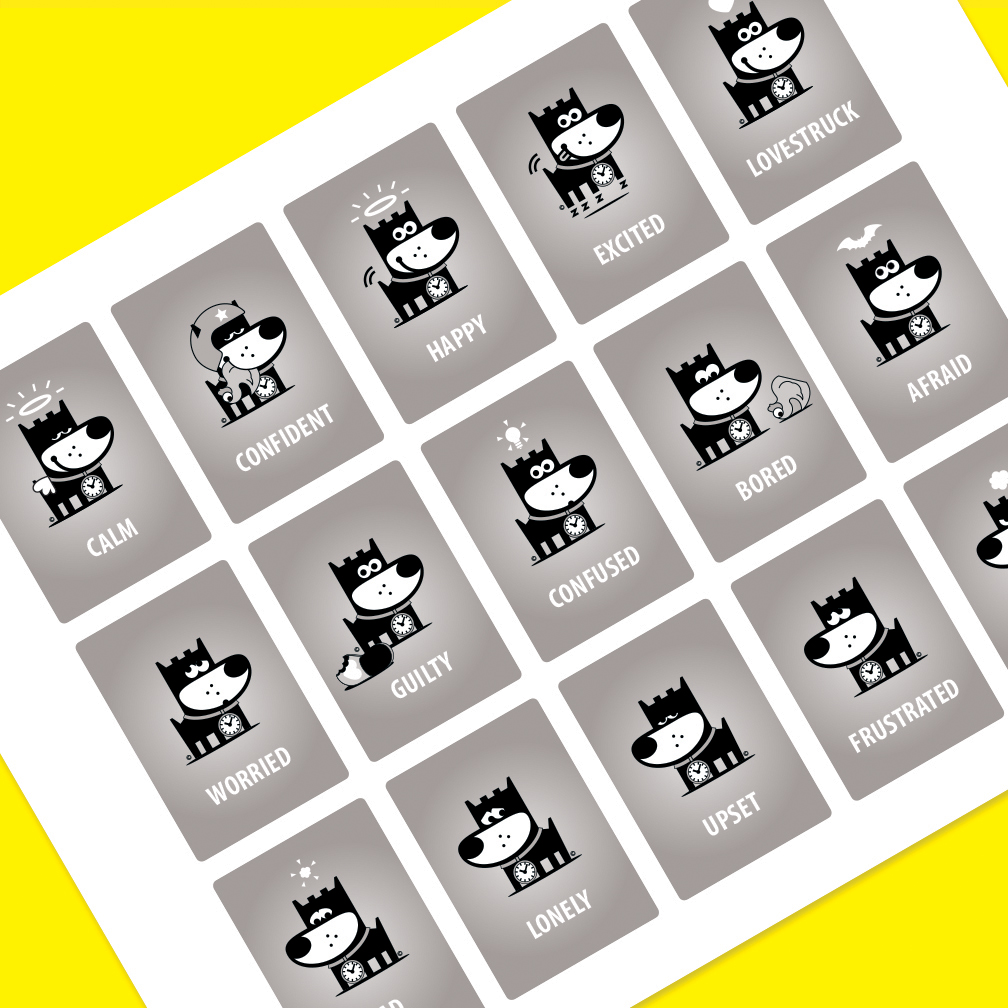
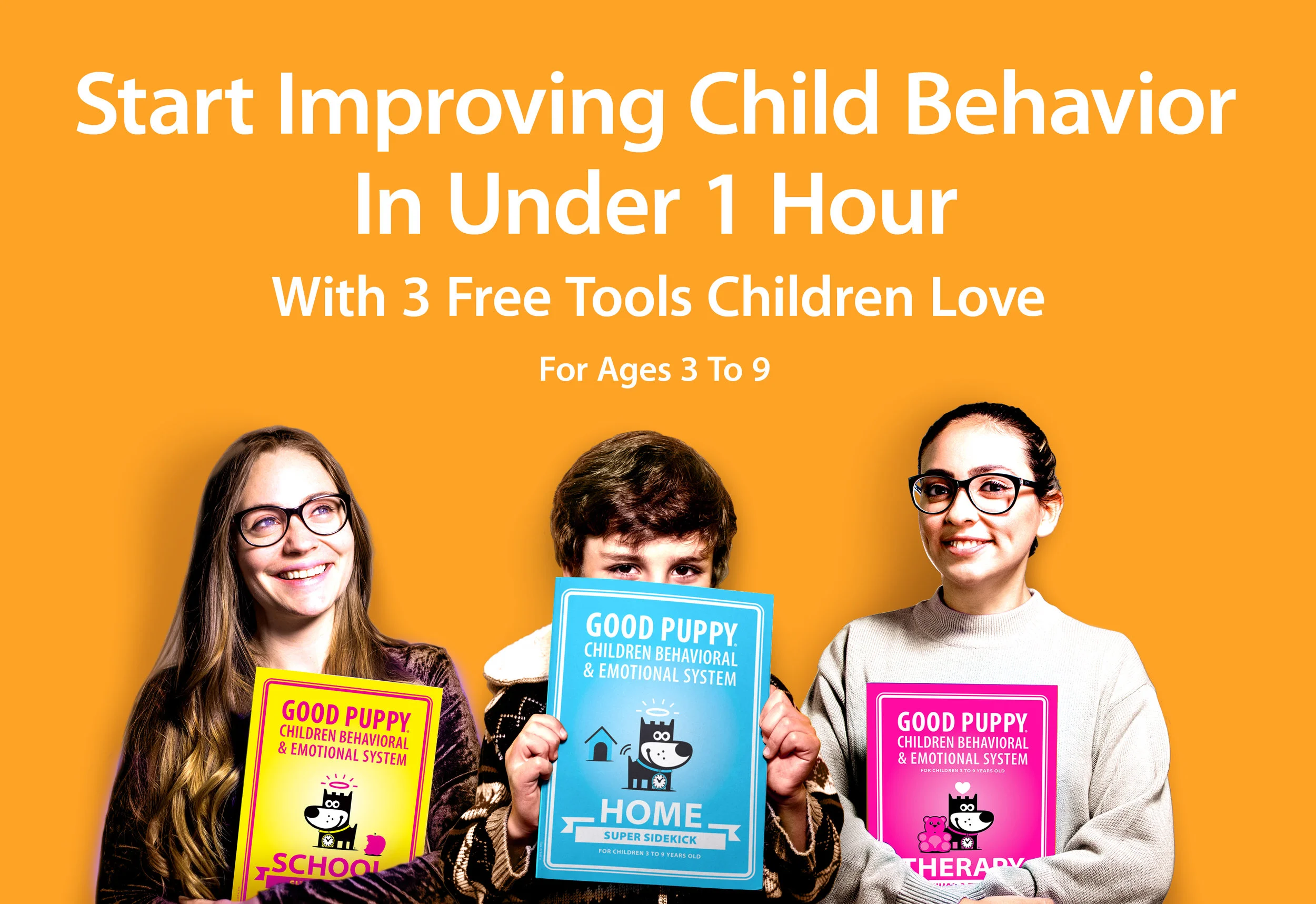







What Does It Take To Do A Good Parenting Job?
Just like any job, raising children comes with a list of requirements. These requirements allow for a positive parenting experience, beneficial to everyone. But while anyone may muster up some of these traits, it is mastering them that will turn them into parenting super powers.